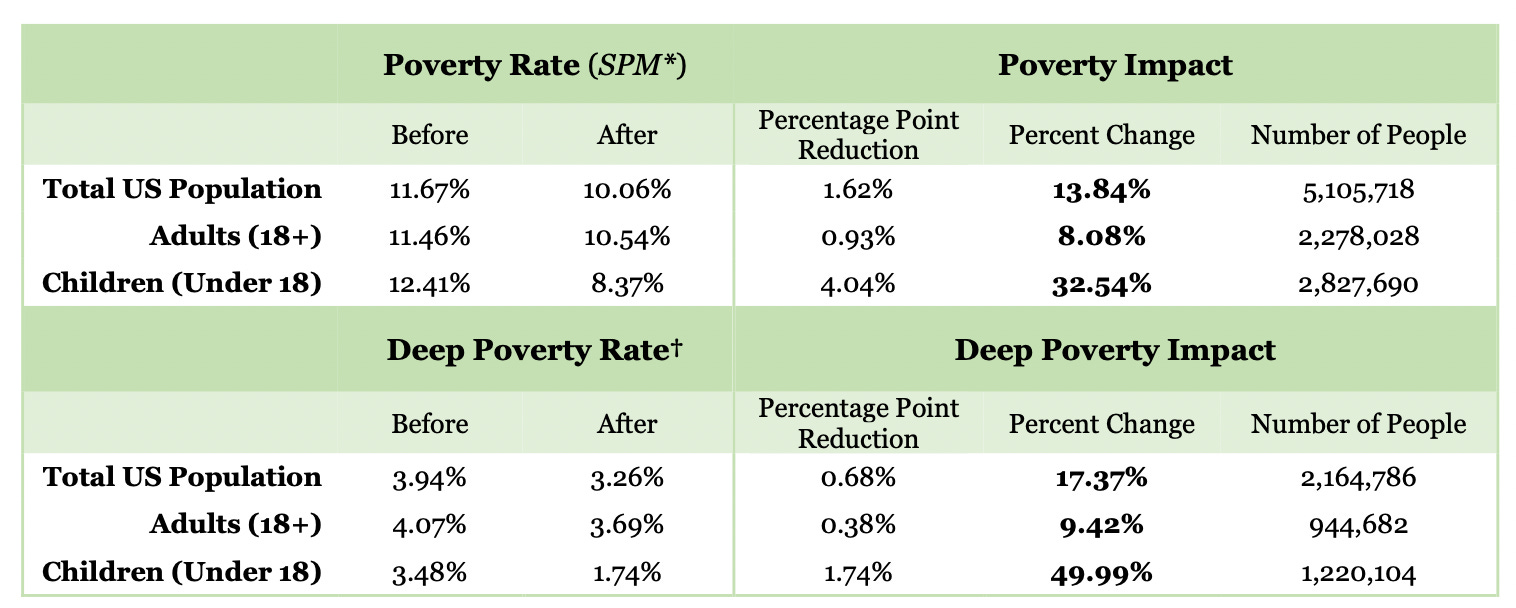David Leonhardt at NYT said:
The Lucy theory of politics
To understand the back and forth over President Biden’s coronavirus relief bill, it helps to look back at a little history.
In Bill Clinton’s first weeks as president, he pushed for legislation meant to reduce the deficit, bring down interest rates and spark the economy. It received no votes from Republicans in the House or the Senate and passed only when Vice President Al Gore broke a 50-50 Senate tie.
In Barack Obama’s first weeks as president, he pushed for legislation to halt the financial crisis and revive the economy. It received no votes from House Republicans and only three from Senate Republicans, one of whom (Arlen Specter) soon switched parties.
This week, when I first saw the Biden administration’s unenthusiastic reaction to a coronavirus proposal from Senate Republicans, I was confused. Biden views himself as a dealmaker, and a president typically benefits from forging a bipartisan compromise.
So why isn’t Biden pursuing a two-step strategy — first pouring himself into a bipartisan deal and then following up with a Democratic bill that fills in the pieces he thinks were missing? Why does he instead seem to be leaning toward a single bill that would need only Democratic support to pass?
The answer has a lot to do with history: For decades, congressional Republicans have opposed — almost unanimously — any top priority of an incoming Democratic president. Biden and his aides believe they will be playing Charlie Brown to a Republican Lucy if they imagine this time will be different.
The parties aren’t the same
Democrats, of course, also tend to oppose Republican presidents’ policies and often try to obstruct them. But on the question of legislative compromise, there really has been a recent difference between the parties. (Which can be a difficult thing for us journalists to acknowledge: We’re more comfortable portraying the parties as mirror images of each other.)
In 2001, George W. Bush’s tax cut was supported by 12 Democrats in the Senate and 28 in the House. His education bill also received significant Democratic support, as did multiple virus relief bills during Donald Trump’s presidency. Some Democrats saw these bills as opportunities to win policy concessions.
Republicans have a taken different tack. Perhaps the clearest example is Obamacare, the final version of which received no Republican votes even though it included conservative ideas and Obama was eager to include more in exchange for Republican support. But top Republicans, led by Senator Mitch McConnell, thought that any support of the bill would strengthen Obama and weaken them.
“It’s either bipartisan or it isn’t,” McConnell told The Times in 2010, explaining the strategy.
Counting to 10
On the surface, this time seems different, given that 10 Republican senators went to the White House on Monday to talk with Biden about a compromise virus bill. But that meeting may have been as much about show, on both sides, as substance.
Of the 10 Republicans, a few — like Susan Collins, Lisa Murkowski and Mitt Romney — have occasionally sided with Democrats on a major issue. Others, however, have not — including Jerry Moran of Kansas, Mike Rounds of South Dakota and Todd Young of Indiana. And Biden would need at least 10 Republican votes to overcome a filibuster. With any fewer, he would be back to pursuing the same 51-vote strategy (known as reconciliation) he now seems to be pursuing.
Democrats’ central fear is a repeat of Obamacare, in which months of negotiation in 2009 nonetheless ended without Republican support. Biden would have then wasted his first months in office — and the country would have gone without additional money for vaccination, virus testing, unemployment insurance and more.
As Carl Hulse, The Times’s chief Washington correspondent, told me: “Democrats, including many now in the White House, remember 2009 very clearly, and they fear being strung along for months only to come away empty-handed. That’s not to say Republicans aren’t bargaining in good faith, but holding that 10 together could be difficult.”
Biden himself has made the same point in private conversations. “He said, basically, ‘I don’t want to go down the path we went down in 2009, when we negotiated for eight months and still didn’t have a product,’” Senator Joe Manchin of West Virginia said on “Morning Joe” yesterday.
One more point: Neither side is committing itself to a strategy yet. If Democrats proceed with the reconciliation approach, they and Republicans can continue negotiating over the substance of the bill. Bush used reconciliation for his 2001 tax cut and still received 40 votes from congressional Democrats in the end.
The latest: Biden met with congressional Democrats at the White House yesterday. He said he was open to restricting eligibility for his proposed $1,400-per-person checks but not to reducing the maximum amount. “I’m not going to start my administration by breaking a promise to people,” Biden reportedly said.

 Help
Help





